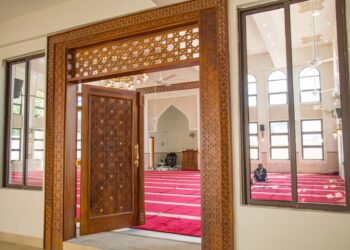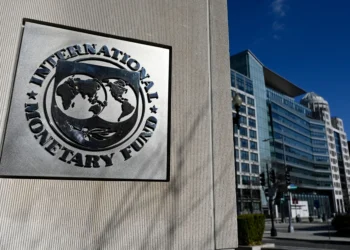A viral storm has swept Sweden’s social media feeds, with claims that Muslim asylum seekers are unhappy with Swedish culture and openly demanding Sharia law replacement, igniting heated calls for deportation back to their homelands if they spurn the democracy that sheltered them.
The narrative, amplified on platforms like X and Threads since early October 2025, paints a picture of cultural collision in the Nordic haven long prized for its progressive openness.
Yet, as fact-checkers scramble and officials push back, the story unravels more as echo-chamber exaggeration than everyday reality, showing Sweden’s deeper immigration reckoning amid rising populism and policy U-turns.
The spark? A flurry of posts, including one from an Irish watcher site last week, blasting headlines like “Muslim asylum seekers say they’re unhappy with Swedish culture and values and want to replace them with Sharia law.”
It quotes anonymous “seekers” griping about everything from gender equality to pork-free cafeterias, capping with the provocative query: If they reject the freedoms that welcomed them, should deportation follow?
Threads lit up with fury – users from Stockholm suburbs to Dublin dives are venting “Send ’em back!” in emoji-laced rants, while others decried it as Islamophobic bait.
But dig deeper, and the sourcing crumbles: No mainstream outlet like SVT or Dagens Nyheter corroborates mass declarations; instead, it loops to fringe forums and a 2023 think-tank snippet twisted out of context.
Sweden’s migration landscape tells a more nuanced tale. Once Europe’s welcome mat – taking in 163,000 asylum claims in 2015 alone – the kingdom has slammed the gates since 2016, slashing approvals by 85% and prioritising returns.
The right-leaning government, propped up by the anti-immigration Sweden Democrats, now eyes revoking citizenship for “failed integration”, but that’s laser-focused on convicted criminals or gang ties, not cultural gripes.
“We’re talking serious offences, not salad bar complaints,” clarified Migration Minister Maria Malmer Stenergard in a Riksdag address last Tuesday, her tone a mix of firmness and fatigue.
Sharia whispers do bubble in pockets – parallel courts for family disputes among some Somali enclaves in Malmö, per a 2024 Lund University study – but they’re voluntary, not takeover plots, and policed under secular law.
On the ground in Rinkeby, Stockholm’s multicultural mosaic, the vibe’s pragmatic grit. Aisha Hassan, a 29-year-old Syrian refugee turned barista, shrugs off the online din over her flat white: “I fled Assad’s bombs for this? Yeah, I miss halal options, but Sharia? That’s not my fight – I’m here for my kid’s Lego sets and library cards.”
Her story mirrors thousands: Integration hurdles like language barriers and job snubs fuel frustrations, but surveys from the Swedish Integration Agency show 72% of recent arrivals value democracy’s core – free speech and equality – over theocratic tweaks.
Still, hotspots simmer; Rosengård’s youth clashes last summer, tied to exclusion more than extremism, keep the Sweden Democrats’ poll numbers humming at 20%.
The deportation drumbeat? It’s policy catnip for the far-right, echoing Denmark’s “ghetto laws” that strip benefits from “non-Western” zones.
Sweden’s mulling similar fines for burqas in schools and mandatory civics for visa holders, but experts like Uppsala’s Professor Henry Rommel warn of backlash: “Demonise dreams of Sharia, and you alienate allies against real radicals.”
As November’s chill bites, Sweden grapples: Assimilate or alienate? The asylum Sharia claims, for all their viral venom, spotlight a nation navel-gazing its soul – generous yet guarded, diverse yet divided.















